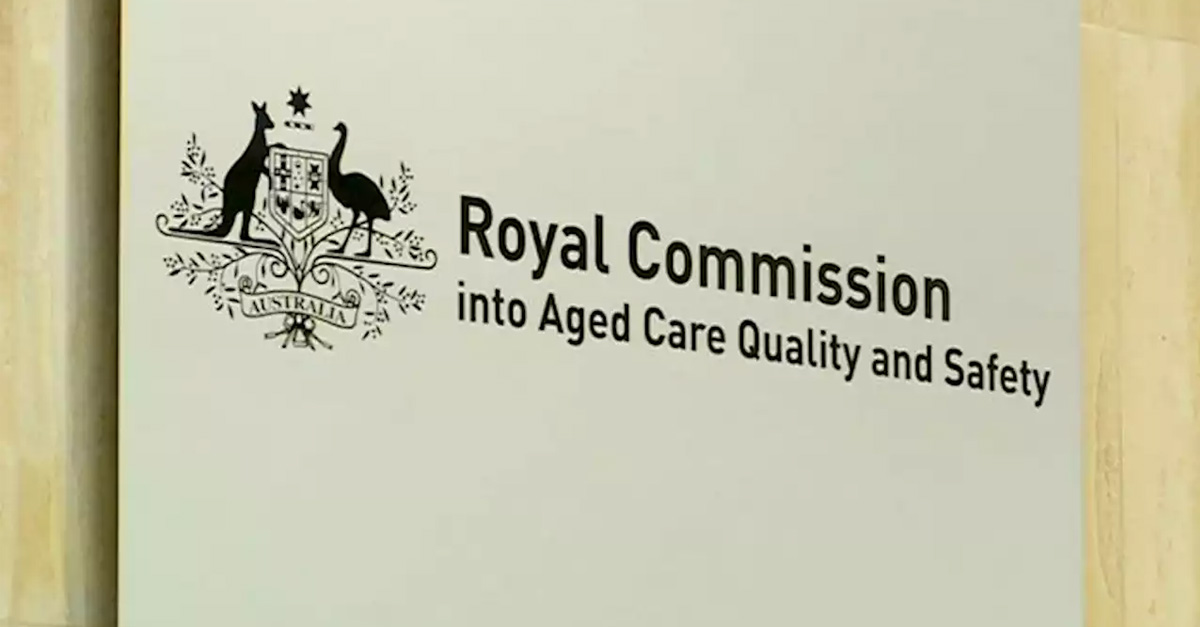How do you cope when you’re overwhelmed by the aged care options?
The need for aged care services can happen quickly, especially if Mum or Dad has a fall and you’re suddenly navigating hospital visits, doctor appointments and social worker recommendations.
It’s normal to feel emotional and overwhelmed at times.
My Care Path CEO Dana Sawyer has helped more than 5000 families navigate the aged care process and has helped them with these very normal emotions.
In her latest blog post, Dana breaks down how you can cope when you’re overwhelmed by aged care.
Feeling Overwhelmed
In my work I come across many families who are feeling overwhelmed about placing mum or dad into an aged care home.
They may have started to research some aged care providers online, but soon realise they don’t understand how to begin the aged care process or understand the most common aged care terminology and acronyms.
Add to that mum or dad may currently be in hospital and the other legal considerations – finances, property and taxes – many people can have a sense of ‘analysis paralysis’ when trying to figure it all out.
I also see a lot of guilt from close family who need to make the decisions about their parents’ care needs, which only contributes to the overwhelm.
First – Build the right support network
You wouldn’t buy a house without a conveyancer looking over the sale contract because you’re not a property law expert. The same logic should apply when navigating aged care – you shouldn’t expect to do everything on your own, especially when the aged care system is new to you.
To manage overwhelm, build a support network of professionals that can help you understand all of your options.
Key professional services to consider engaging are:
An Aged Care Consultant
An aged care consultant will help you navigate and explain all of the aged care options. They will also often present a short list of suitable aged care homes, negotiate and clarify fees and charges for care, arrange tours of each home and help you with all the necessary paperwork and understanding the key terminology.
My Care Path offers a national network of aged care consultants and a membership network of aged care providers, who heavily subsidise the cost of a standard aged care consultation.
A typical aged care consultant service can cost between $2000-$3000, however working with a provider in the My Care Path network will reduce this cost to a $550 flat fee.
See our contact page to speak with a My Care Path aged are consultant.
A Financial Planner
A lot of families have financial questions when considering aged care. Whether they have to sell the family home is a common question.
The short answer is no it is your choice, however selling the family home my be the best financial decision depending on your individual circumstances and personal preferences.
The best option is to turn to a financial planner who understands the asset and income requirements of the Australian aged care system and how you can plan your finances to reflect what you really want.
You may also like to read this article about how much aged care really costs in Australia.
A Lawyer
Finding legal advice is also recommended, particularly with a lawyer who has experience with aged care legislation.
Aged care contracts are very heavily legislated however, a lawyer can read through an aged care home’s contract and guide you through the terms and conditions.
It is highly recommended that you engage a lawyer if you’re considering independent living or a retirement village, as these types of homes are governed by the private sector and are not subject to the same Federal Government regulations that aged care homes are.
Take care of your mental health
Commencing the aged care process with a parent or someone very close to you can be overwhelming and stressful.
It’s vital you take care of your own mental health and wellbeing while you’re navigating this process.
A counsellor or psychologist can help you manage any feelings of stress, anxiety or guilt that may arise. Your GP can provide you with a mental health care plan, which will entitle you to 10 subsidised psychology sessions per year.
A word on guilt….
Many clients I work with experience a lot of guilt when placing a loved one in aged care.
While this is normal, I know from experience that many people realise when it is needed residential aged care is the best option.
You may have a young family of your own to look after or your dad may be suffering from Alzheimer’s and needs professional care 24/7, which is something you simply cannot provide.
It’s important to remember there are a lot of benefits with aged care for your loved one. It’s one thing if your mum’s neighbour drops by daily and there’s a lot of family nearby, but if she doesn’t have those things she may start to feel very lonely, which can affect health and wellbeing.
Many families and individual benefit from the community living experience. Social isolation is one of the leading causes of health decline in our later years.
An aged care home can help negate those feelings of loneliness, which comes from more communal living.
Related Posts
March 2, 2021
The Aged Care Royal Commission: Where to from here?
The final report of the Aged Care Royal Commission has shone a light on some clear and critical issues within the industry which we must together…
January 20, 2021
How minimum staffing levels will improve aged care
The Aged Care Royal Commission and COVID-19 have revealed some glaring gaps in the aged care system, a major one of which is the lack of consistency…
January 11, 2021
How My Care Path takes the stress out of aged care
Making decisions around aged care is emotional, stressful and confusing. This is the first time I have had to navigate the aged care system, and I…
December 21, 2020
Respite care: A practical solution over the holiday period?
Over the holiday period, some families may need to go away and leave an elderly person behind, or a carer may need to take a break. The options are…




